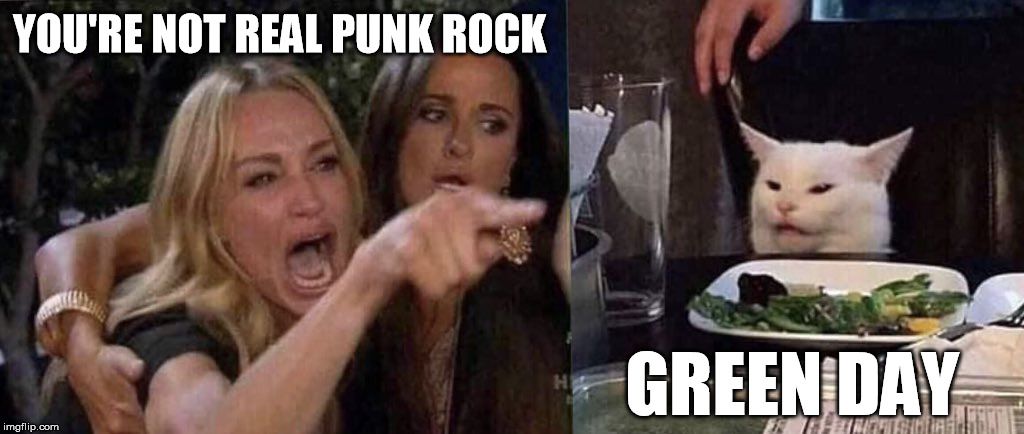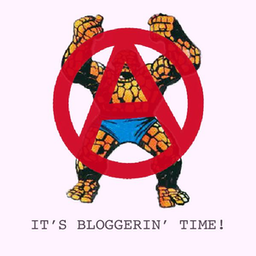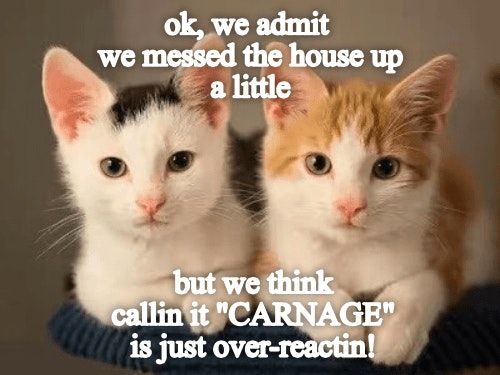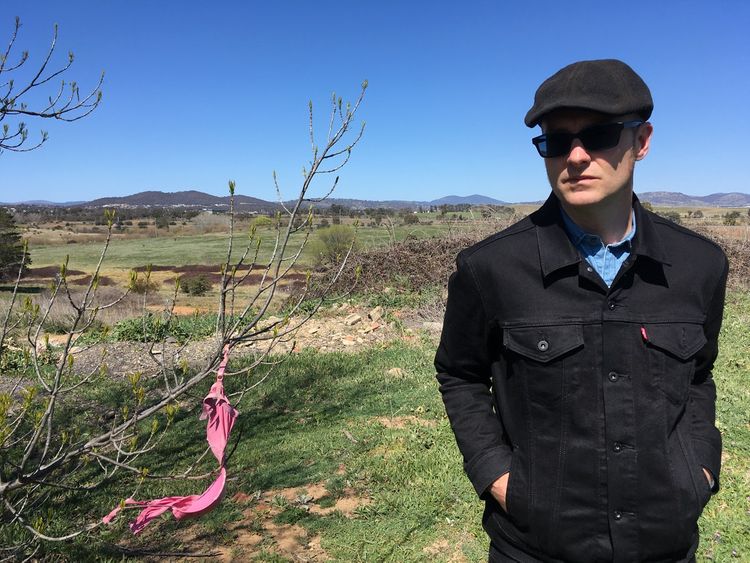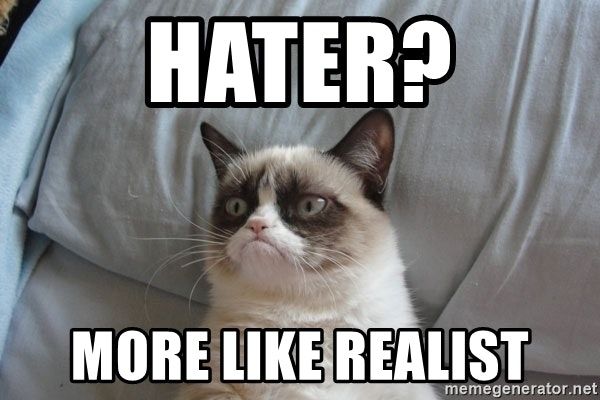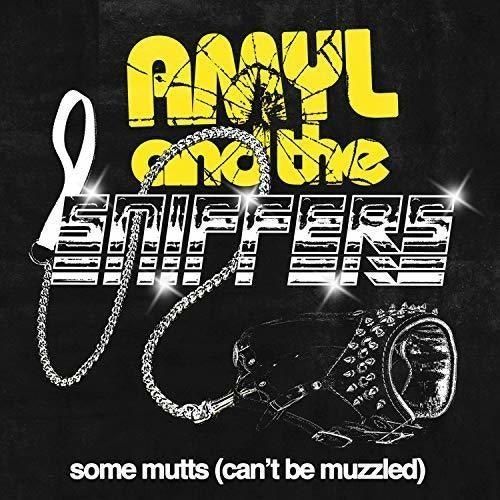MGK's Dream
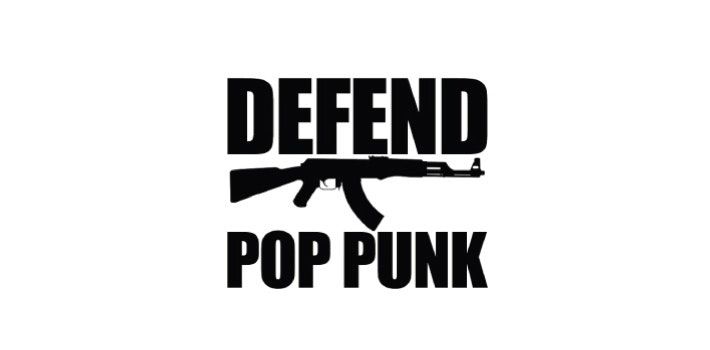
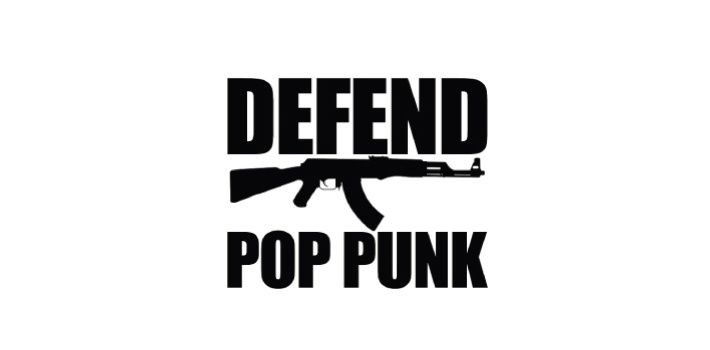
I keep almost writing “Machine Gun Kelly seems like a good guy.” I have no idea why I even think that. Saying “Machine Gun Kelly seems like a good guy” is like saying “the academic standards at Hogwarts seem rigorous.” Why would one think that? Or say it aloud? What can it mean that we’ve reached the point where such thoughts might even occur to us?
Anyway, Machine Gun Kelly seems like a good guy. Or at least he seems like a good first roommate, so long as you don’t share coke straws and/or towels. I feel bad having just written that. One of the comments on the Kerrang! Youtube interview with the thirty year old Cleveland rapper is “I see so much of myself in him. So broken, but trying so hard to get better.” At some point, Kelly says “this is music to be different to.” Machine Gun Kelly (born Richard Colson Baker on April 22, 1990, just nine days after the release of Green Day’s debut album 39/Smooth) comes across as someone eminently comfortable within their own skin. His new album, Tickets to My Downfall, is the No.1 album in the country, having sold 126,000 copies in its first week. While also reasonably comfortable in my own skin, there are significant points of departure between myself and Machine Gun Kelly. For one, after a successful career as a rapper, Machine Gun Kelly is now a punk. Of the “pop-” variety. Without romanticising an always fairly accessible mode of communicating adolescent angst, I watched, in real time, pop-punk’s transition from total nerd music to standard bearer of the status quo. When Dookie charted, I was barely out of high school and far from over it. Being told that all adolescent pain was felt equally, evenly spread amongst jocks and preps and skateboarders grated then, as it does now. True or not. Now, butt-deep in a mass culture where pain is handed out with one fist, painkillers dispensed with the other, and “Celebrities, They’re Just Like Us” is the language of the land, I apparently can not give honest consideration to Machine Gun Kelly’s art without feeling like a bully. Or being one. Not sure how that happened, but the air is thick with a skewed empathy and there’s nothing to do but move through it.
Machine Gun Kelly got famous as a rapper. I couldn't tell you how good he is at rapping. His vocal delivery while doing so is aggressive. He lacks the threatening drawl of Yelawolf or sardonic verve of (old) Eminem but, even before his association with peers of Rancid, got by with a mild Tim Armstrong-esque bark. Machine Gun Kelly’s (apparently now squashed) feud with Eminem seemed a tad self-defeating, it's not a comparison I’d curry were I him, but, considering my hip hop tastes run towards the billy woods/Elucid/Ka end of the spectrum, it all seems, you know, fine. I’m no connoisseur of shouty, tattoo rap. If you tell me Machine Gun Kelly is significantly worse than Run The Jewels, I believe you.
But the new Machine Gun Kelly album was written and recorded with Travis Barker, the drummer for pop-punk stadium superstars Blink-182. Tickets to My Downfall is a pop-punk album. I have thoughts about pop-punk.
Like most music genre designations, “pop-punk” is an evocative term that, in both origin and application, can feel arbitrary. After all, Punk, as a form, started poppy; an attempt by bands like The Ramones (or even Patti Smith or the Voidoids) to break from the pomp and cynicism they perceived in popular rock and roll, to recapture the primal, teenage kick-attude of Motown girl groups and pre-Maharishi Beatles. This is obviously an over simplification, glossing over punk’s brutalist reactionarism and high-minded, French poetics/philosophy/hop headed ambitions both, but there’s no denying that, from its inception in either Queens, Lima (if one subscribes to the theory that Los Saicos were the first punk band), or London, punk was writing songs as catchy as any Bee Gees track (if not immediately striving for or attaining that band’s underappreciated depressive grandeur). So it has always seemed a bit silly to call The Ramones the “first” pop-punk band, as that requires both punk and pop-punk to operate on parallel chronological lines. In which case, why bother with the sub-designation in the first place? We could call it all “punk” and make up a term for the bands that came in the late ‘70s/early eighties, like Discharge and The Exploited, who dispensed with melody almost entirely in favor of propulsion and shouted repetition. There would be “punk” and “anti-pop-punk” and all those “Defend Pop-Punk” shirts would finally have a logo where the “defend” part didn’t have to be outsized to balance the “pop-punk” and accompanying AK-47. Coulda shoulda woulda. Instead, most pop-punk historians elide the redundancy of fact by citing Buzzcocks, the Bolton, England geniuses whose Singles Going Steady established the template of heartache and masturbation, set to the jauntiest of tunes, from which every single, without exception, pop-punk band would either expand on or, in most cases, not, for the next forty years. If The Adverts were just as poppy (and arguably more indebted to the “power-pop” that, according to Wikipedia, was always supposed to be part of the equation) and it’s more historically accurate to give equal credit to The Descendents for taking the Buzzcocks template and stripping it of enough nuance and wit to gain mass appeal in the ‘90s, well, if there’s one thing that holds true in pop-punk; feelings don’t care about your facts. So pop-punk started with The Buzzcocks.
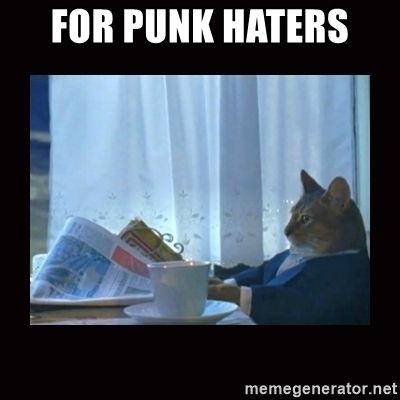
But we can’t ignore Descendents. Because without them, their girl terror and fart jokes, there’d be no Green Day. And without Green Day, an at-one-time transcendent (first two albums. Don’t @ me.) pop-guitar band, there’d be no Blink-182. And without Blink-182, and their whiney mush that no amount of record sales or historical revisionism written by pop’s scrawny winners can aesthetically redeem, we’d have no Machine Gun Kelly. Well, we’d maybe have Machine Gun Kelly (rap is pretty popular) but we wouldn’t have Tickets to My Downfall. My crapulent snobbery aside, I don’t necessarily regret history’s curve. Tickets to My Downfall isn’t justice, but it’s peculiar, worth dwelling on, and, unable to work at my still shuttered bar and unable to do much of anything lest I potentially put my parents in the hospital, I value any record that passes the minutes past its short playtime. I also, in a twist as consistent as my longstanding affection for even the lesser films of M. Night Shyamalan, *cough* kind of like a few songs off the damn thing. I mean, as far as pop-punk made by people I don’t wanna hang with goes, it’s no My Brain Hurts, but it’s got its charms.
Machine Gun Kelly’s fifth studio album is as much a commentary on pop-punk as it is a pop-punk album itself. Considering its erasure of any pop-punk made before 1989 and its dabbling in trap beats and guest features, maybe it’s more commentary than true re-creation (and I say that as description not judgement… I don’t fetishize authenticity in pop). The meta comes in hot with the accent that Machine Gun Kelly uses from the first track onward. While critic Annie Zaleski, not without an amount of hometown pride in a townie made good, argues that Kelly is singing in an Ohio accent, I can’t hear it. Cleveland has a distinct punk voice (see: The Pagans, Dead Boys, Devo, Inmates, Vanilla Poppers, Harvey Pekar etc…). Despite his streets-of-Cleveland background, what Kelly is affecting here, however, is more “Siri, do an english accent,” the logical conclusion of Billie Joe Armstrong’s Bay Area confusion, than that of a Now That’s Class house band. In fact, on the track “Jawbreaker,” Kelly sounds like he’s kind of making fun of the weird quasi-Richard Butler voice the singer of Jawbreaker (the band) had on their final album.
It was that song that made me want to write about Tickets to My Downfall. I was writing about Jawbreaker (the band) the week “Jawbreaker” (the song) came out. While name searching for the band, the phrase “Jawbreaker/ she tastes like candy” kept appearing. Aghast that youths might think these lyrics were anything but the laziest first draft, recorded in error, but not having any opinion on Machine Gun Kelly beyond “he’s not Macklemore or the other one, yeah?” I listened out of a curiosity that barely qualified as morbid. My heart practically burst with reasonable expectations. The first thing I thought was “is this guy making fun of Blake Schwarzenbach? Damn. Deep cut, Machine Gun Kelly.” My second thought was, “this sucks.” The second thought is arguably more true than the first, but who’s to say? What is “Jawbreaker/ she tastes like candy” but a distillation of Craig Finn’s lyric writing tics, where inverted cliche is imbued with a sense of dissolution that makes other problem drinkers find it profound? If Machine Gun skipped the “inverted” part and just let the gesture towards world play stand, does that diminish its power? Clearly, hundreds of teens on twitter did not feel it did. In that vein, I have taken to reciting all of Machine Gun Kelly’s lyrics in the same beat cadence of The Hold Steady’s frontman. Feels as fine going up and it does going down.
While the song “Jawbreaker” being an overt play on (or tribute to) the pop punk band that (now) shares its name is not certain, I embrace the mystery. After all, the chorus of Tickets to My Downfall’s second song, “kiss kiss,” is “Kiss kiss, kiss kiss the bottle all night/ Kiss kiss, kiss kiss the bottle, yeah/ Kiss kiss, kiss kiss the bottle all night/ Hello, goodbye (Uh).” I find it, in context, unlikely that both Machine Gun Kelly and his coterie of pop-punk session players were unaware of Jawbreaker’s anthem of half-meant apology. I’m not saying that Machine Gun Kelly has a Sessions catalog living in his brain, but the pop punk references do add up. On the track “All I Know,” Machine Gun uses the chorus of the Operation Ivy song “Knowledge.” (As Tom Breihan points out in his very fine analysis of Tickets to My Downfall, members of Op Ivy share songwriting credit accordingly. Presumably Jawbreaker is still waiting on their check.) I don’t want to make too much of an Easter Egg out of a nod to the world’s highest regarded mid-level ska punk band. Given Kelly’s age, tattoos, producer/drummer, the popularity of Rancid (the band that came out of Op Ivy), and the sheer existence of the internet, it’s hardly a mind blower. That the choruses of Machine Gun Kelly’s rap work tend to owe more to the dour melodicism of metalcore era Epitaph doesn’t mean that there’s no Picking of It Up in his digital record collection. If he doesn’t have the complete Dance Hall Crashers discography on vinyl, I bet he’s at least seen Angus. Regardless, the nod to Operation Ivy simply being kinda neat is sufficient. And hopefully Jesse Michaels can use the royalties, on top of whatever was accrued during the ‘90s pop-punk explosion, to purchase a solid gold… sound system. Sorry. I skapologize.
Speaking of Easter Eggs; Machine Gun Kelly’s girlfriend, Megan Fox, is on the album, in a bittersweet interlude that conjures up the intimacy of the Ben Affleck/Liv Tyler lazing-in-the-field scene in Michael Bay’s 1998 bit of prescience, Armageddon. If one is inclined to see this moment of reverie as a callback to Michael Bay’s one good movie, a reminder of his decline, thus avenging the notoriously unpleasant director’s treatment of Ms.Fox, then one is me. Like I said, Machine Gun Kelly, in the elusive fog of contemporary culture, seems like a good guy.
I can make wild suppositions like the above. Tickets to My Downfall, for all its amiable charm and lyrics about addiction, emotional malfeasance, and death, is a pretty gossamer affair. And not just because of it’s admirable commitment to the scrapbook memoryscape of men in their thirties plus. There is a less admirable dreamlike nature of the record that is a direct result of sounding like a Blink-182 album. Blink-182 were always the most vague of pop-punks, entirely devoid of ideology or, god help us, edge. They were a band about so little that they made Radiohead seem pointed in its concerns. It’s no strange thing that Blink-182 members might become adherents of UFO-ology, a religion based entirely on the possibility inherent in the expanse, utterly free of responsibility or guilt. And, in aping a band that’s sound could best be described as “viscous,” Machine Gun Kelly makes an album just as grossly digestible. Whatever self-flagellating honesty Machine Gun Kelly might express throughout the record, his remorse is belied by the agnosticism of the guitars.
I asked Ben Greenberg (production genius, sole member of the Abundant Living production brain trust, and guitarist in Uniform) if there was a name for the guitar sound prevalent in Tickets to My Downfall (and Blink-182, 311, etc); that pureed sound common in mid-’90s pop-punk (though reasonable people could blame it on a generational misunderstanding of Helmet or, like, Snapcase) where there’s no discernible riffs and the distortion hangs over choruses like moss, like someone just pushed the “guitar” button in the studio. Greenberg, knowing exactly what I was talking about, told me that he called this plague “guitar center” or “Line 6” guitars. Line 6 made amp simulators, where “dudes would just record DI guitar and choose a tone later.” Line 6, along with AXE FX and others, make possible a plugin world of “tone presets” and $3,000 amp approximators. It’s standard now (even Nine Inch Nails uses it), a canned reality where the only enemy of punk is a guitar sound with personality. “It’s why everything sounds fake,” Greenberg succinctly sums up, “cuz everything is fucking fake.” It’s this, more than any faults in Machine Gun Kelly’s performance itself, that makes Tickets to My Downfall eventually feel like a long ass 36 minutes. The man puts so much effort into expressing messiness that it’s a shame to drench it all in antiseptic glop. (tbc no one in this household, or Ben I think, is opposed to plugins on principle. Money's too tight to mention and some plugins sound sick. Just saying that, considering Machine Gun Kelly’s use of trap beats and wide array of up-to-date options, the conscious decision to replicate the worst production choices of 1996 is baffling. The guitars on this record, and on all Blink albums, sound like human dignity being stabbed in the neck. Smile emoji.)
Maybe tho it’s the human effort in the face of interchangeable Punk Sounds that I dig. One of the insults I’ve hated the most in the last twenty years is calling someone a “try hard,” as though trying hard were something to shy from. Machine Gun Kelly is nothing if not committed (and, hell, guest singer Halsey hasn’t sounded so raw since she wished another 9/11 upon the staff of Pitchfork). Even if the result isn’t what critics would typically consider “good,” maybe that’s a question of framing. After all, the critical class, pre-twitter, made an entire sub-canon of music consisting of “outsider music,” where questions of skill and even intent were subsumed to a larger magic, often born of trauma and/or mental illness. The Shaggs, Wesley Willis, a whole catalog of artists whose diamond-in-the-rough merits could only be seen by the discerning record collector. So perhaps the reader can take comfort in knowing that the dream of The Shaggs, true innocence, is alive. And this time free of any problematic complications outside the traumas most of us share; abuse, substance abuse, etc. Why wouldn’t Tickets to My Downfall be considered primitivist grace? It’s an album as devoid of cynicism as it is more-than-rudimentary craft. Every musician involved in Tickets to My Downfall is trying their best.
I have to remind myself of Machine Gun Kelly’s enormous success so I don’t feel like a bully when I (strongly) imply that Tickets to My Downfall is the work of gifted idiots. The fact is that I don't understand why this album exists, or why, outside the obvious root causes of the opioid epidemic and the broken lives in its wake, it means so much to so many. And I don’t love the album. I love the wonder it instills in me. Unlike mediocrity closer to home, I don’t get mad at albums like this achieving popularity. Blink-182 made me mad because it was close to what I loved, but a slight variant ruined by meager souls. But twenty years in, I can appreciate this shiny object about pop-punk from a distance. In his Kerrang interview, Machine Gun Kelly gives a definition of “punk” that’s as alien to me as a doorknob is to a newborn puppy. He talks about his ability to do what he wants as an ultimate badge of punkness. He calls being a “champion” punk. Of course, to me, Punk rock is outnumbering a single jock ten to one in the parking lot of an Alston, Massachusetts Cumberland Farms and still getting your ass kicked. Real, in its ideal form, loser stuff. And what is pop-punk, in its ideal form, but the same loser stuff, plus a lil’ sugar. But it’s been at least two or three years since I took anything resembling a beating (and even that was just a drunk slapping me across the bar before I, with help, tossed him), so who am I to begrudge an aspirational definition of pop-punk to an audience that clearly hungers for it.
Machine Gun Kelly seems like a good guy. What kind of sucker am I to hold that thought in my head. If I’m devoting weeks of thought and thousands of words to Megan Fox’s boyfriend, what else am I falling for? I’ve consumed enough ska, of every wave, to know that Babylon is tricky. I’m not fool enough to grant terms like “pop-punk” a totemic power beyond that which allowed Larry Livermore to live comfortably and what Pete Shelley left behind when he ascended to pop-punk heaven (a place with all dogs and zero jam sessions). All the same, I resent this music by and for good guys. Rather, I resent the condescension it draws from me. Even jovial condescension is still a low emotion. Overthinking Tickets to My Downfall was a fun diversion, but I need to get back to what I love; the ugly, the stuff that is made by the maybe good also, but those who come at goodness sideways, unconcerned with the sentimental or famous. To paraphrase Cringer, a pop-punk band of Lance Hahn that didn’t rate a reference in Tickets to My Downfall; “going underground, going underground, where the kids all scream and the kids all shout.” And, it goes without saying, the guitars sound like shit. As well they should.
Thanks for reading! Please check out my interview with fellow Blink-182 super fans, Blink 155!
